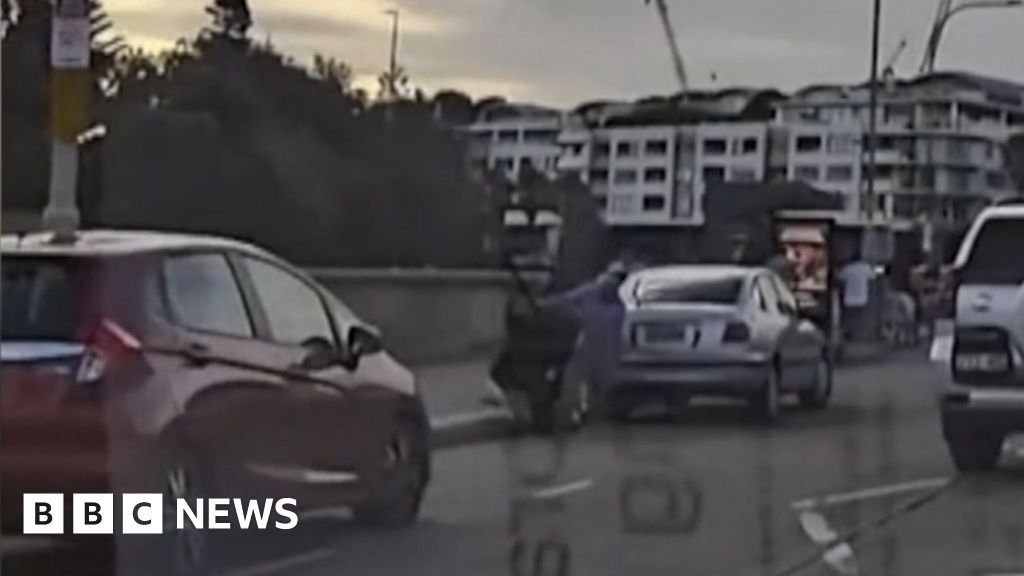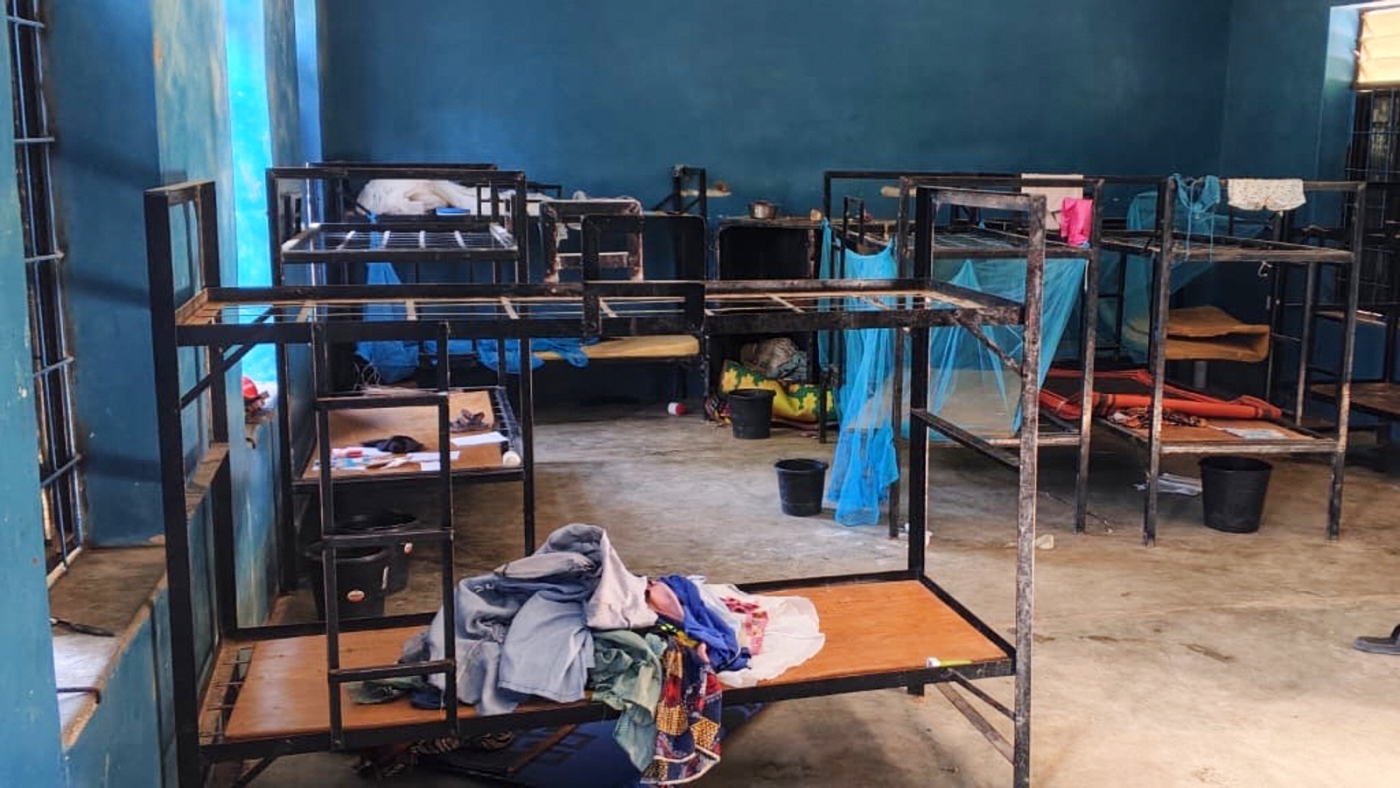
After wrapping up a visit to Japan that delivered $490 billion in investment commitments, US President Donald Trump is heading into a more complicated negotiation in South Korea, where a trade agreement remains out of reach.Trump will be meeting South Korean President Lee Jae Myung on Wednesday in Gyeongju, the historic host city of this year’s Asia-Pacific Economic Cooperation (APEC) summit. The talks come as both governments acknowledge that discussions have slowed over a central demand from Trump, which is that South Korea invest $350 billion in the United States.
Japan signs the deal—Why is Seoul cautious?
Officials in Seoul have argued that the scale and method of investment Washington wants could harm their domestic economy and are urging a structure based on loans and loan guarantees, rather than an upfront cash commitment.
They further added that a currency swap line would be necessary to manage capital movement into the US.Oh Hyunjoo, a deputy national security director, said progress has been slower than expected.“We haven’t yet been able to reach an agreement on matters such as the structure of investments, their formats and how the profits will be distributed,” she told AP Monday.The debate threatens to overshadow Trump’s time in South Korea, particularly in contrast to his stop in Japan, where the atmosphere appeared more harmonious.
As part of an earlier trade agreement, Japan had pledged $550 billion in investment. During a dinner with Japanese business leaders in Tokyo, US Commerce Secretary Howard Lutnick announced that commitments had reached up to $490 billion.Trump also spent time with Japan’s new prime minister, Sanae Takaichi, joining her aboard an aircraft carrier to address US troops and unveiling Japanese-backed energy and technology projects in America.However, the road ahead of the South Korea meeting is remarkably different. US treasury secretary Scott Bessent, speaking aboard Air Force One, declined to present an imminent deal, saying only, “Just a lot of details to work out,” though he noted both sides were close.Until a trade deal is finalised, South Korea is subject to a 25% tariff on automobiles shipped to the United States, notably higher than the 15% tariff applied to Japanese and European vehicles.
The higher tariff continues to disadvantage companies including Hyundai and Kia.
Trump and Lee began their strategic relationship on a positive note when Lee entered office in June, with a warm White House meeting in August. However, the ties have since strained, particularly after the US immigration raid in September at a Hyundai plant in Georgia, where more than 300 South Koreans were detained and deported. The incident fuelled anger in Seoul and raised questions over future corporate investment in America.Lee warned that without visa improvements, companies may withdraw or reconsider plans.“If that’s not possible, then establishing a local factory in the United States will either come with severe disadvantages or become very difficult for our companies,” he said. “They will wonder whether they should even do it.”South Korea’s foreign ministry later said the US had agreed to allow South Korean workers to use short-term visas or a visa waiver programme to support industrial projects in America.Trump, when asked about the raid, distanced himself from the decision, “I was opposed to getting them out,” he said, adding that improved visa rules would make it easier for companies to bring in skilled workers.Trump’s visit, alongside trade discussions, also included sensitive diplomatic engagements. On Thursday, he is expected to meet Chinese leader Xi Jinping, with both countries signalling readiness to ease tensions after recent trade disagreements.He added that he would extend his trip with South Korea as his final scheduled stop, if there was a chance for the two to talk. The leaders had last met during Trump’s first term, though their discussions produced no agreement on North Korea’s nuclear programme.

 1 month ago
22
1 month ago
22










 English (US) ·
English (US) ·